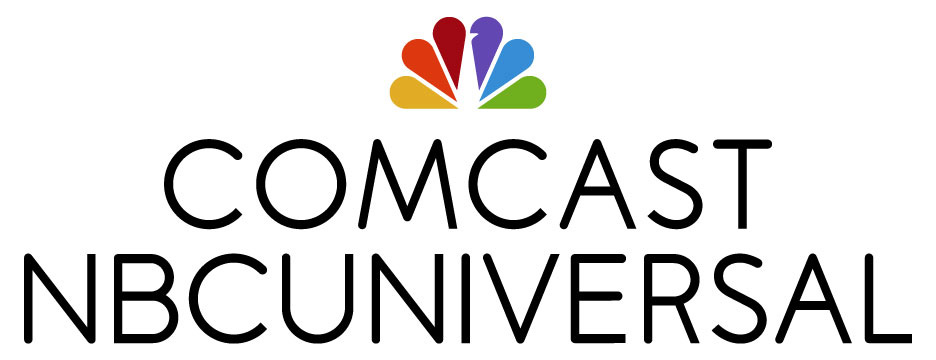Why We Cannot Innovate Without Inclusion
by Dalila Wilson-Scott
Recently about 50 social impact executives came to Philadelphia for a two-day Learning Journey to explore the state of technology and inclusive innovation. Hosted by Comcast NBCUniversal and the Social Innovation Summit, the exploration featured intimate discussions with city leaders like Mayor Jim Kenney, University of Pennsylvania President Dr. Amy Gutmann, Superintendent Dr. William Hite, Saxbys Founder and CEO Nick Bayer, local startup founders and other community leaders. Dalila Wilson-Scott, senior vice president of Community Impact at Comcast NBCUniversal, discusses why technology and inclusive innovation is critical.
What do a university president, a big city mayor, a media executive and the CEO of a coffee company have in common? All joined us as we invited 50 social innovation leaders to Philadelphia for a behind the scenes look at how the city is cultivating a new hub for entrepreneurship and inclusive innovation, a critical issue in the poorest major city in the country. We explored the vibrant neighborhoods of Philadelphia — including our center city headquarters, grounds of an historic housing project, a public middle school and the offices of a homelessness nonprofit — because I feel strongly that if you see the issues first-hand, if you have a proximity to the challenges, you will feel an urgency to address them. As Vanessa Garcia-Brito, senior director of Partnerships and Communications at Nike and one of our guests, said, “The best of humanity is yet to be seen. But if we are going to discover that or reveal what’s possible for the world, then we need to break down those barriers for others to get in on it.”
The issues are pressing, and are felt well beyond Philadelphia. When you look around, the technology world is lacking in diversity. A recent national study shows that 24% of tech workers are women, and only 5% of workers overall are African Americans and Latinos. Fixing tech’s inclusion issue starts with ensuring access and opportunity across incomes, zip codes and backgrounds. Talent is equally divided, but opportunity is not. And as Fabian Elliott, Founder and CEO of Black Tech Mecca, another delegate, says, that lack of opportunity can become a lack of progress. “Inclusive innovation to me means that anyone who has a big idea and a big vision in the world, should have the support they need to bring that to life.” We are committed to providing that opportunity.
High-paying technology jobs aren’t the only jobs where inclusion matters. People in underserved communities without technology access, education and training are being left out of all levels of opportunities. Over 90% of what people would classify as good, living wage jobs require some basic level of digital proficiency. The digital divide is basically this gap that has been created — this opportunity gap. To work to close that divide, it’s incumbent on us to support ways we can democratize technology and use it to empower our communities — in Philadelphia and beyond.
People and place matter.
If we, as the largest media and technology company in the world, don’t focus on ensuring all people have access and opportunity to support their great ideas, then who will? That said, we know we can’t do it alone. Private sector must partner with community leaders, government, social entrepreneurs, trailblazers in technology and anyone who is committed to solutions. Collaboration is critical to our breaking through the grip of intergenerational poverty. We hope that we have inspired our visitors to stand with us in our longstanding pledge to bridge the opportunity divide.

